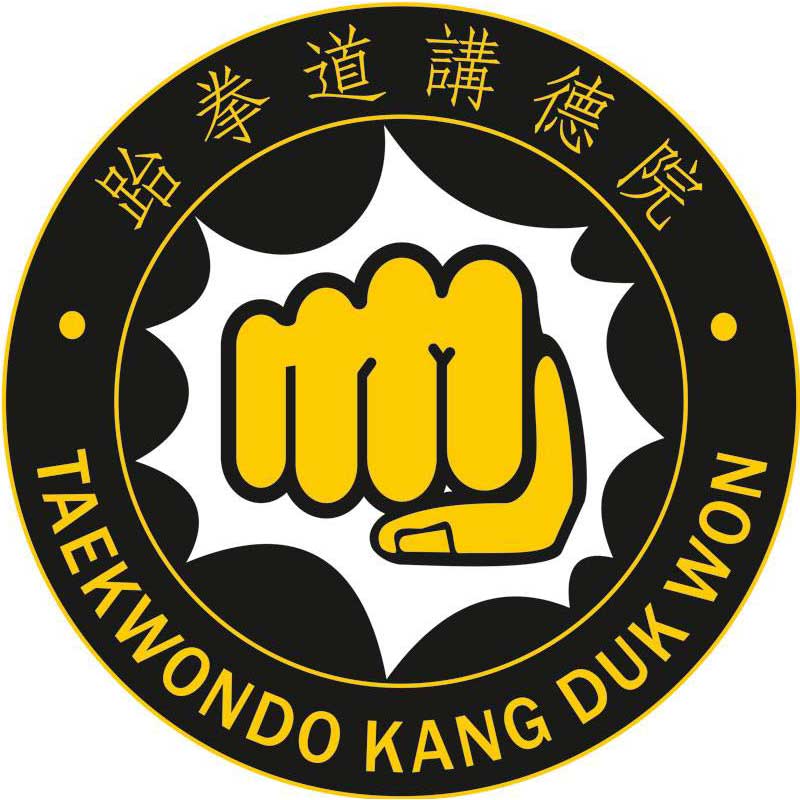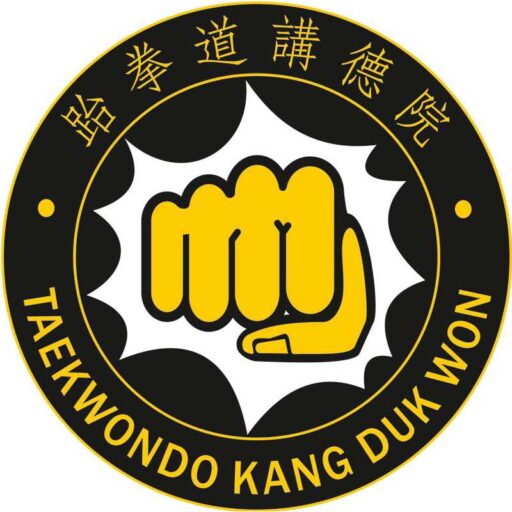
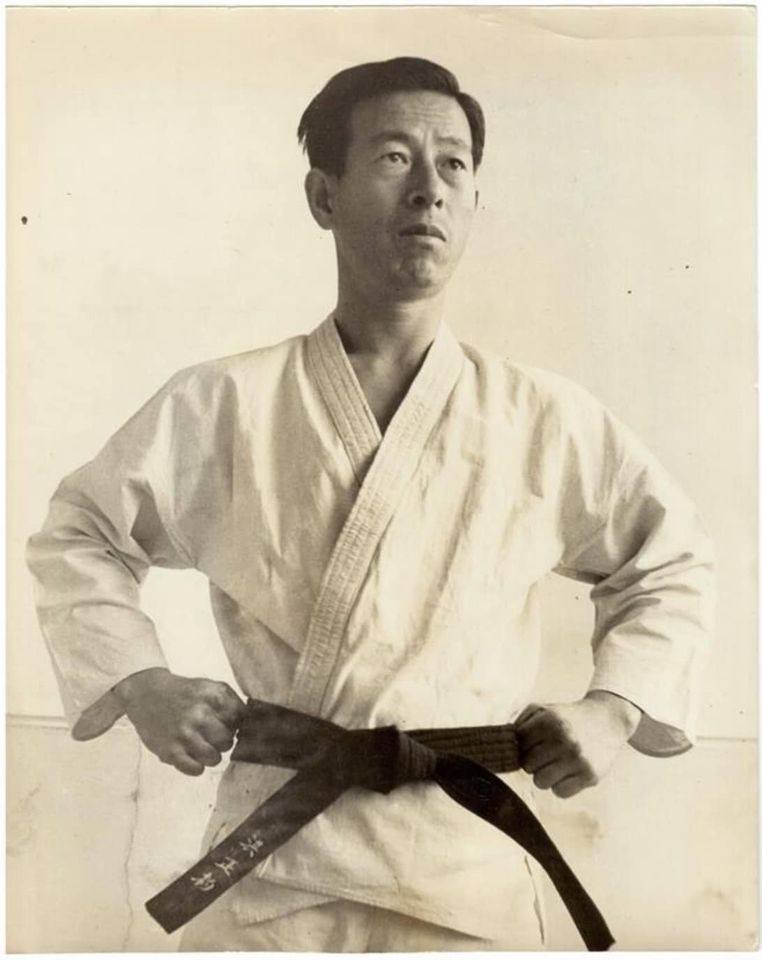
Kang Duk Won (“House of Generous Teaching”) was one of the original martial arts schools (kwans) that opened in Korea after the end of the Japanese occupation of Korea at the end of World War II. Kang Duk Won was founded in the late 1950s by two former students of the YMCA Kwon Bop Bu (Chang Moo Kwan), Jong Pyo Hong and Chul Hee Park.
Today, Kang Duk Won still continues in Korea and is officially known as Taekwondo Kang Duk Won, which is a social friendship club that endorses the Kukkiwon system and supports the World Taekwondo Federation. Kang Duk Won also has a school that styles itself ‘American Kang Duk Won Karate‘ that teaches a hybrid of WTF-style taekwondo and Shotokan karate.
Kangdukwon taekwondo spread abroad principally under two pioneering exponents of Kangdukwon, Grand Masters Ahn Gun Soon and Hwa Chong who first trained together the same dojang at Kwangju High School from 1953 onwards under the direct instruction of the co-founders of Kangdukwon Taekwondo, Jong Pyo Hong and Chul Hee Park.
Pioneers of Kangdukwon
[Click through images for source articles]

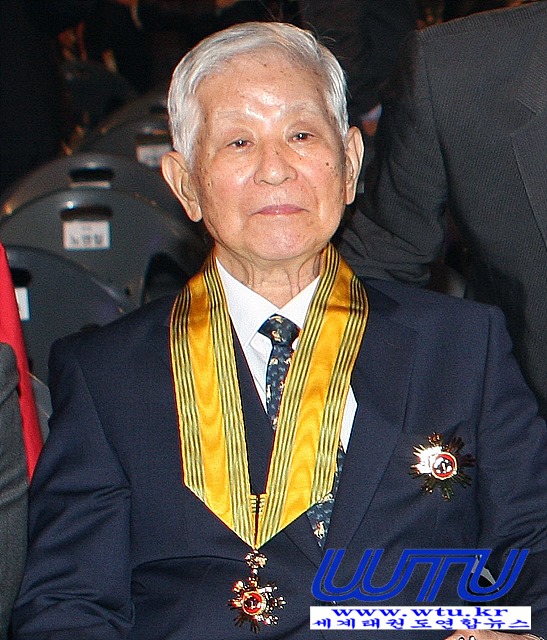
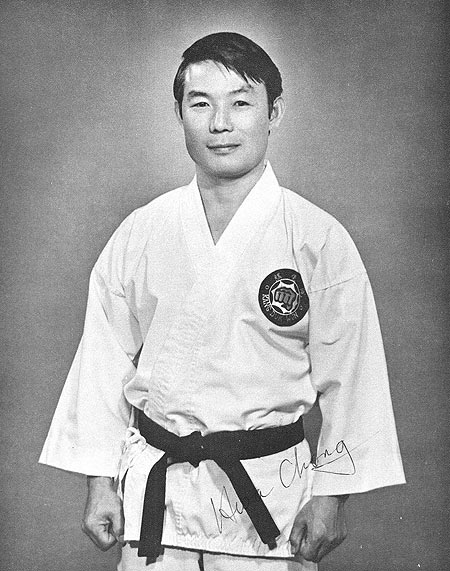
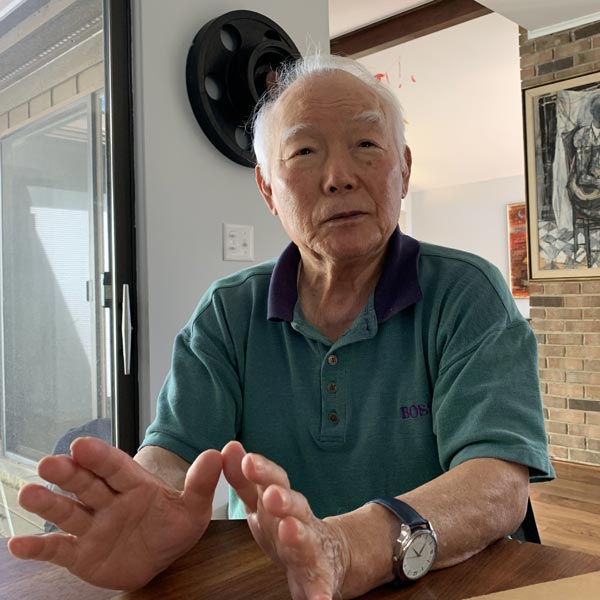
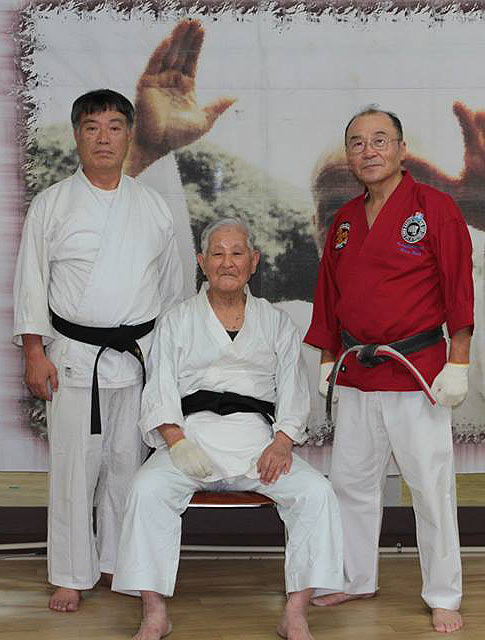
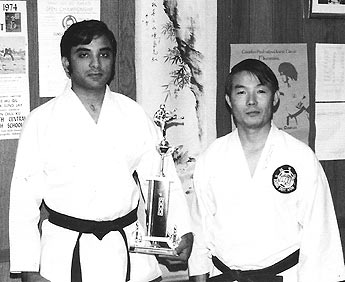
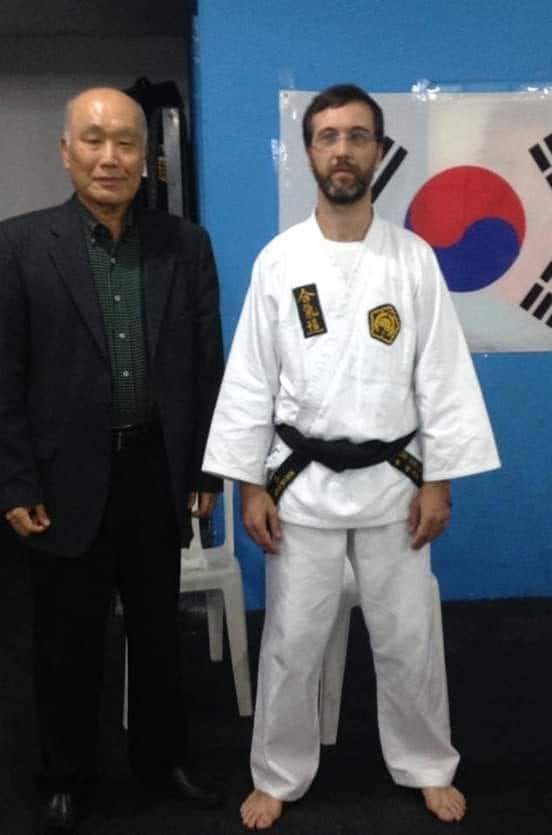
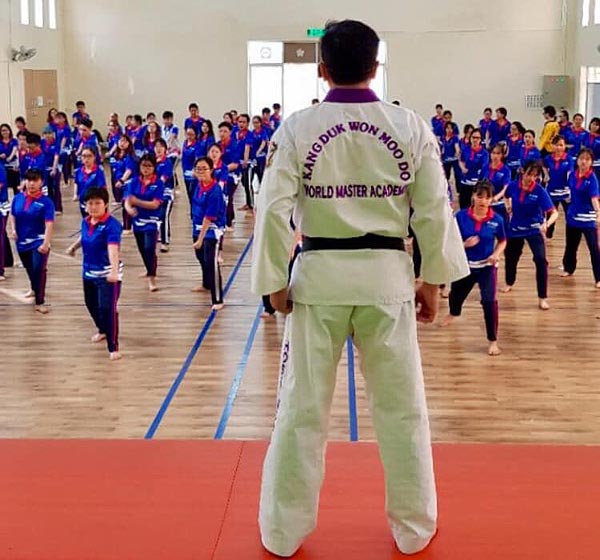
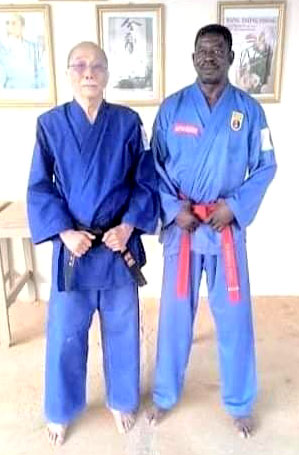
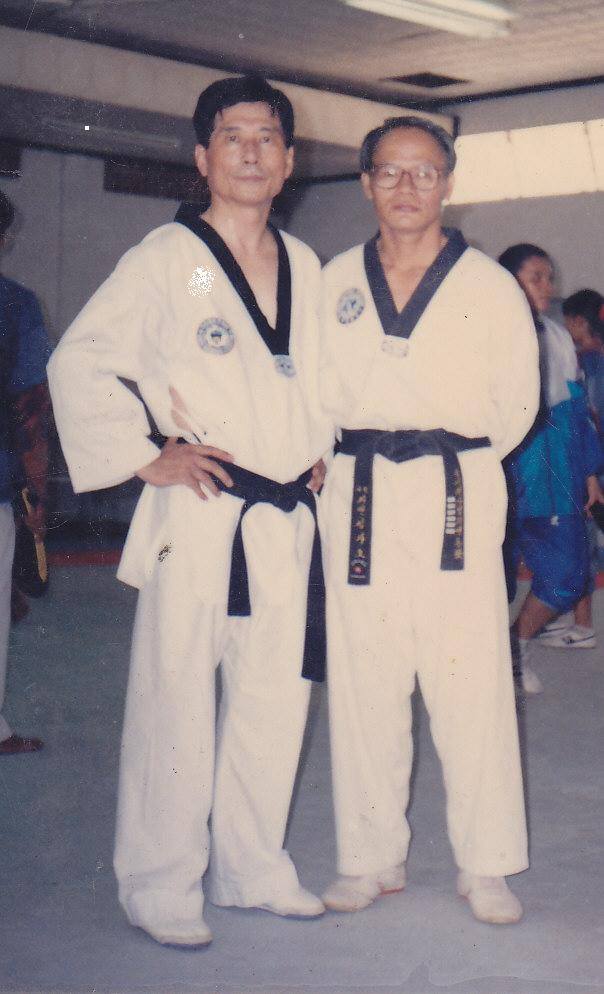
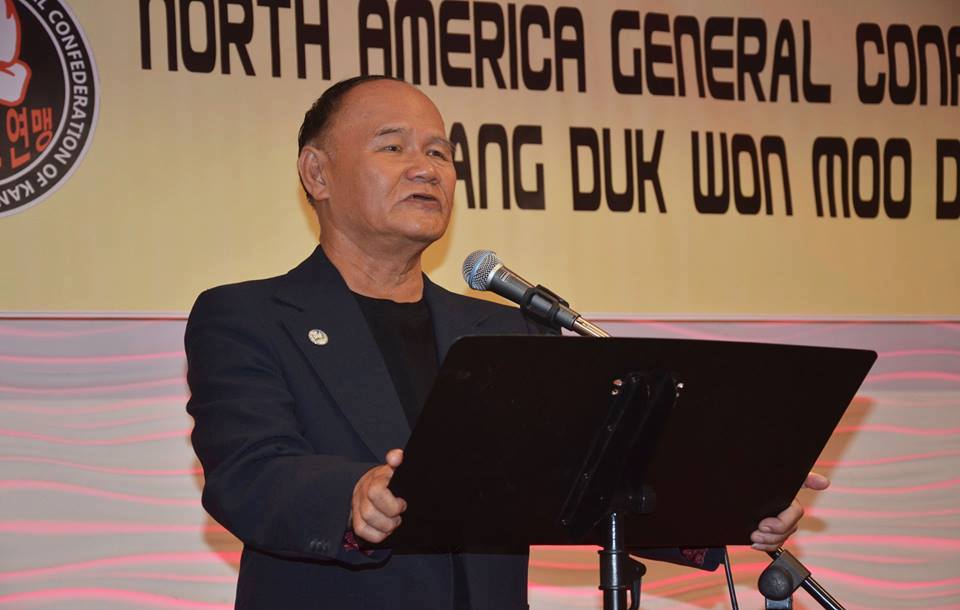
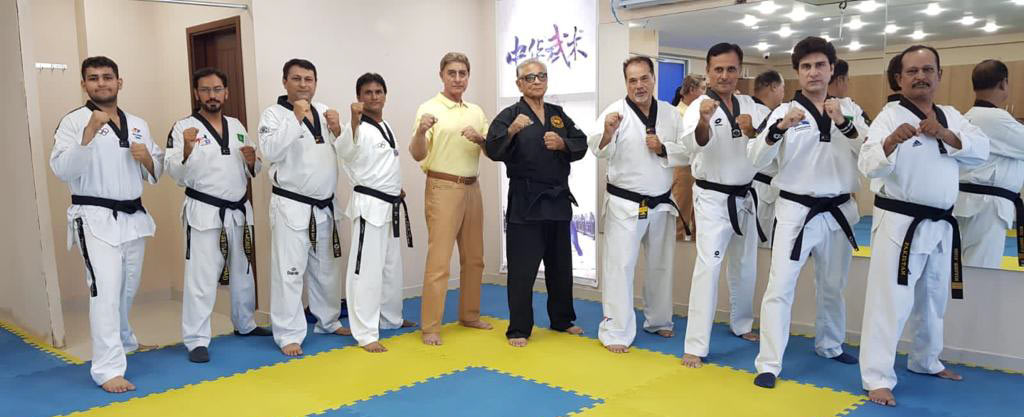


Kangdukwon taekwondo was introduced to Vietnam in 1966 by Korean Army Captain Ahn Gun Soon together with Captain Kim Tae Sup who were assigned to train Vietnamese troops, including the future head of Kangdukwon Moo Do, Nguyễn Kim Châu. The same year, Hwa Chong emigrated to America to study economics in Michigan where he soon began teaching taekwondo.
Kangdukwon taekwondo today is firmly established on every continent of the world outside of Antarctica. Outside of its native Korea, most Kangdukwon students and dojangs today trace their lineage either through Ahn Gun Soon or Hwa Chong to the founders, while across South America and Portugal the lineage is traced through Kim Chang-Hak.

Although relatively small in terms of its numbers, Kangdukwon taekwondo has had a profound impact upon generations of students around the world, producing Olympic champions and inspiring others to greatness in their professional and personal lives thanks to Kangdukwon’s persistent focus upon developing character and human values based upon Korea’s long history and association with Buddhist and Confucian values.
